
According to VCCI, key industry associations have stated that the new value-added tax policy is creating unprecedented barriers, seriously affecting cash flow and the competitiveness of Vietnamese goods in the international market.
The biggest obstacle is the regulation imposing a 5% tax rate on agricultural, forestry, and aquatic products that are "not processed into other products or have only undergone basic processing." According to experts, this regulation does not accurately reflect the nature of value-added tax, which is a tax levied only on the added value of a product.
Each year, the coffee industry is estimated to have to pay nearly 10 trillion VND in provisional taxes, while the pepper industry has to bear about 2.24 trillion VND. Given that the profit margins of these industries are already very thin, only 1-3%, the "pay now, get paid later" mechanism is eroding the financial health of businesses.
This increases export costs, causing Vietnamese agricultural products to lose their competitive advantage compared to major rivals such as Brazil, Indonesia, and India – where similar products enjoy a 0% or no tax rate.
In addition, another bottleneck pointed out by VCCI is the lack of uniformity in the application of taxes on raw materials for animal feed production.
Although the law stipulates that finished animal feed products are exempt from tax, many local tax authorities apply a 5% tax to input materials such as corn, bran, and fishmeal at the commercial stage. This not only creates difficulties for domestic animal feed manufacturers but also creates unfair competition with imported goods, which are not subject to value-added tax.
In addition, many businesses say that the current tax refund process is too complicated and time-consuming, and that applications are even rejected for reasons beyond their control.
One of the most controversial regulations is the requirement that businesses are only eligible for tax refunds when the seller (supplier) has "declared and paid taxes." This regulation is considered unreasonable, shifting the risk from the supplier and the tax authority's administrative responsibility to the purchasing business.
Furthermore, limiting the tax refund to no more than 10% of export revenue for the period is also unsuitable for the seasonal nature of agricultural production. Businesses often have to concentrate on purchasing large quantities of raw materials at the beginning of the season, but exports are scattered throughout the year, resulting in a large portion of input taxes not being fully refunded.
Furthermore, sourcing raw materials from millions of small-scale farmers, who are not authorized to issue value-added tax invoices, also puts businesses in a difficult position when proving the origin of their inputs.
Similarly, businesses exporting through e-commerce platforms (such as Amazon and Alibaba) are also "stuck" due to a lack of required traditional documentation, even though the transactions are perfectly legal.
In response to these shortcomings, VCCI has compiled and submitted six specific recommendations to the Prime Minister . The focus is on proposing a review of the 5% tax on semi-processed agricultural products and recommending a return to the previous mechanism of "no declaration or tax payment required" for semi-processed agricultural products, in order to free up capital for businesses.
In addition, VCCI proposed that the Government direct a strong reform of tax refund procedures towards automation and the development of an interconnected data system for rapid verification.
In particular, the regulation requiring businesses to be responsible for the tax obligations of their suppliers should be abolished. The Vietnam Chamber of Commerce and Industry (VCCI) also proposes allowing the use of purchase lists without invoices and electronic documents in e-commerce transactions as valid grounds for tax deductions and refunds.
Source: https://hanoimoi.vn/vcci-kien-nghi-xem-xet-lai-viec-ap-thue-5-voi-hang-nong-san-so-che-720679.html










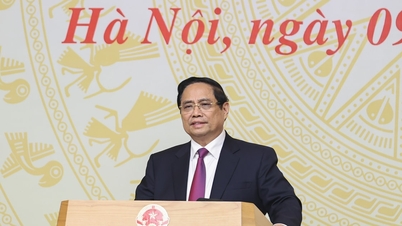

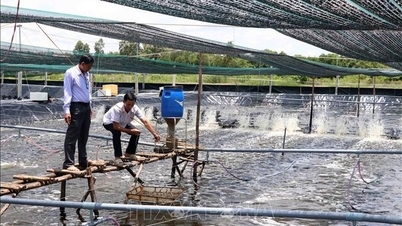





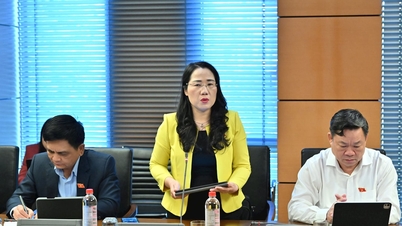

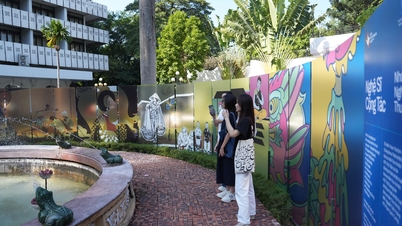


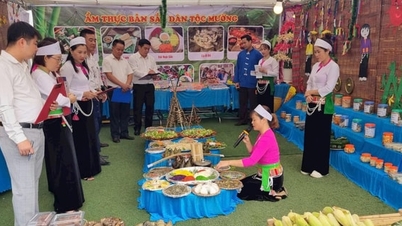
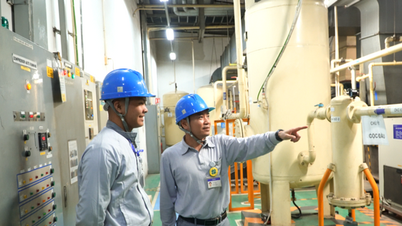
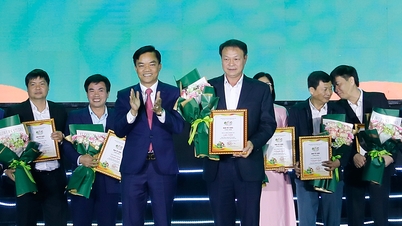

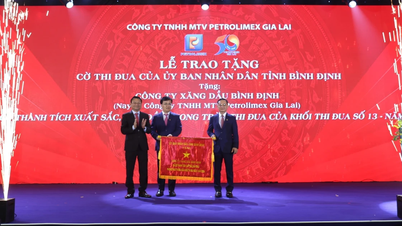





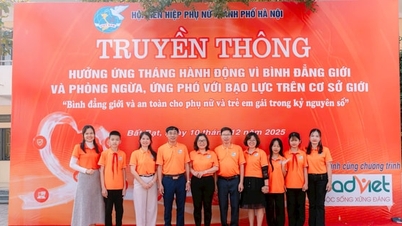

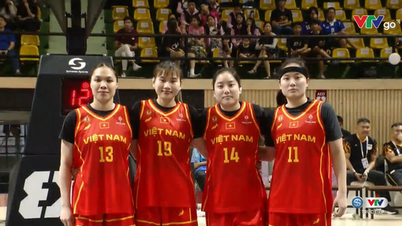

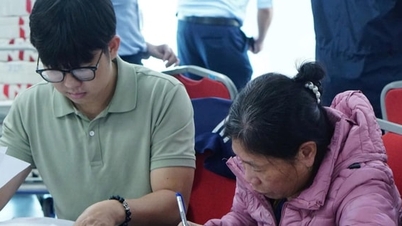






![[Video] The craft of making Dong Ho folk paintings has been inscribed by UNESCO on the List of Crafts in Need of Urgent Safeguarding.](https://vphoto.vietnam.vn/thumb/402x226/vietnam/resource/IMAGE/2025/12/10/1765350246533_tranh-dong-ho-734-jpg.webp)




































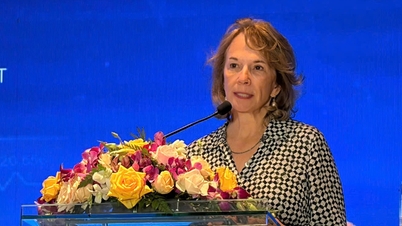


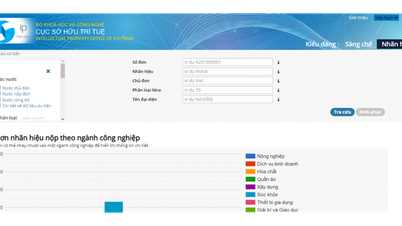
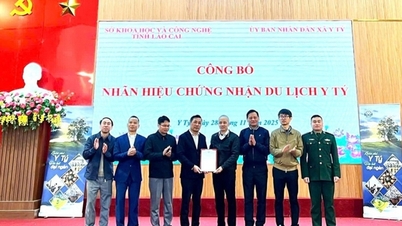
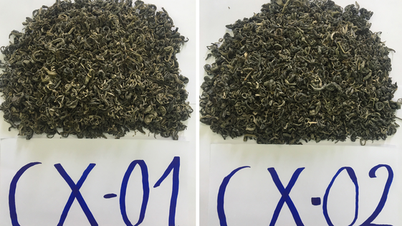
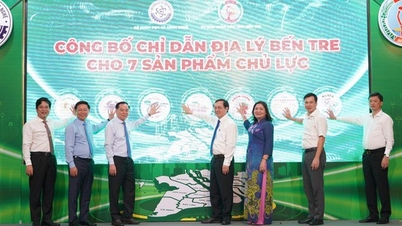
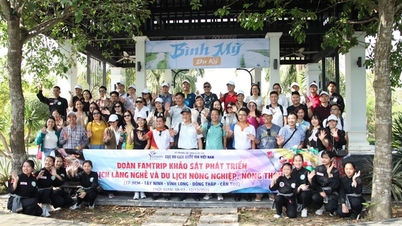

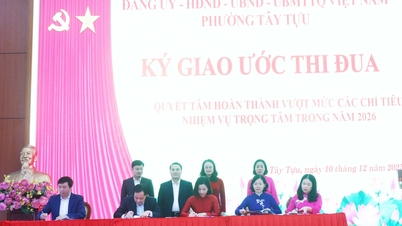
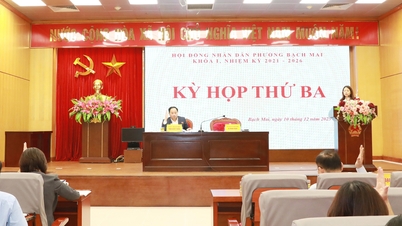
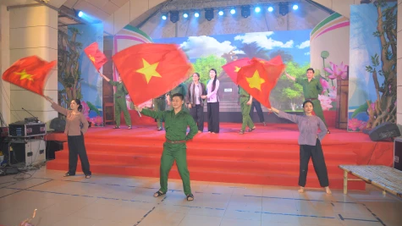

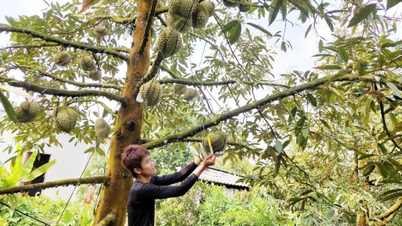
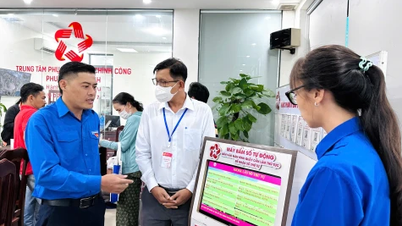










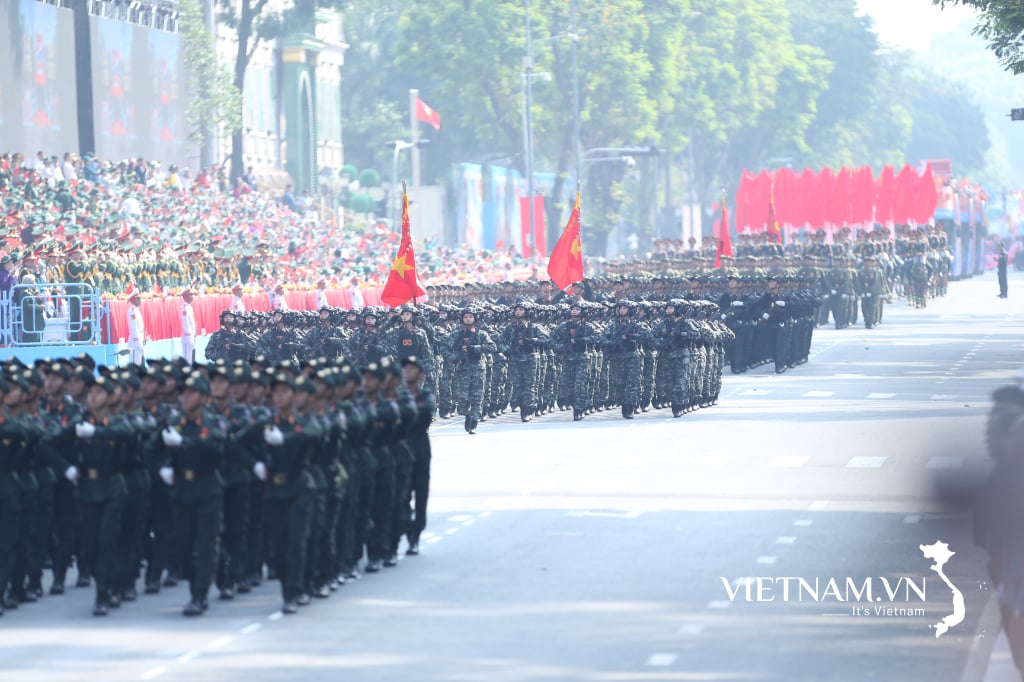
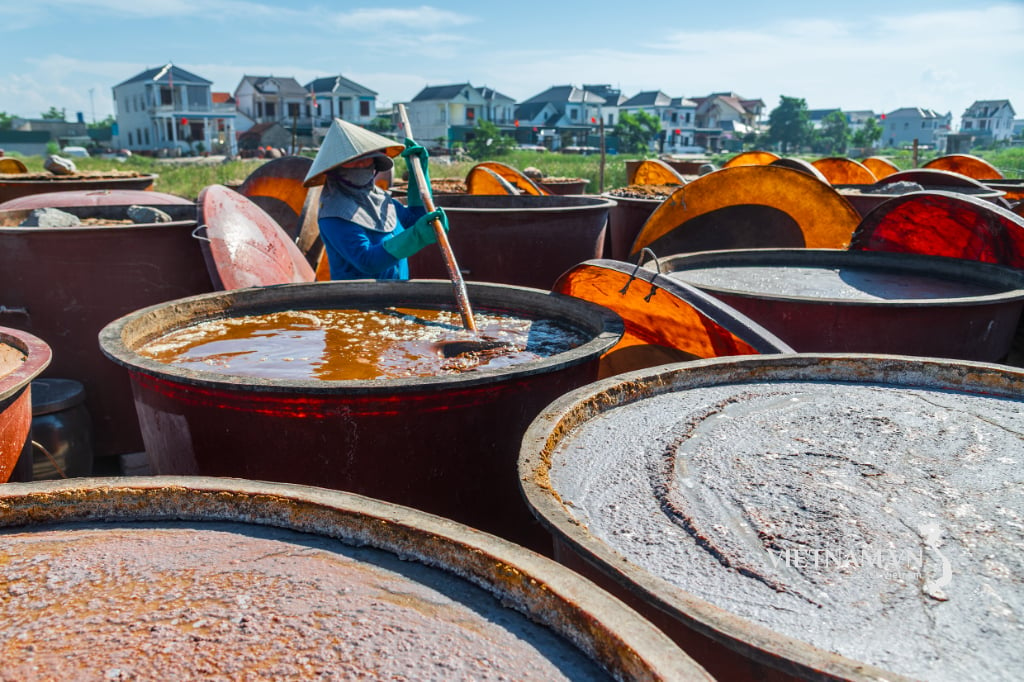





Comment (0)